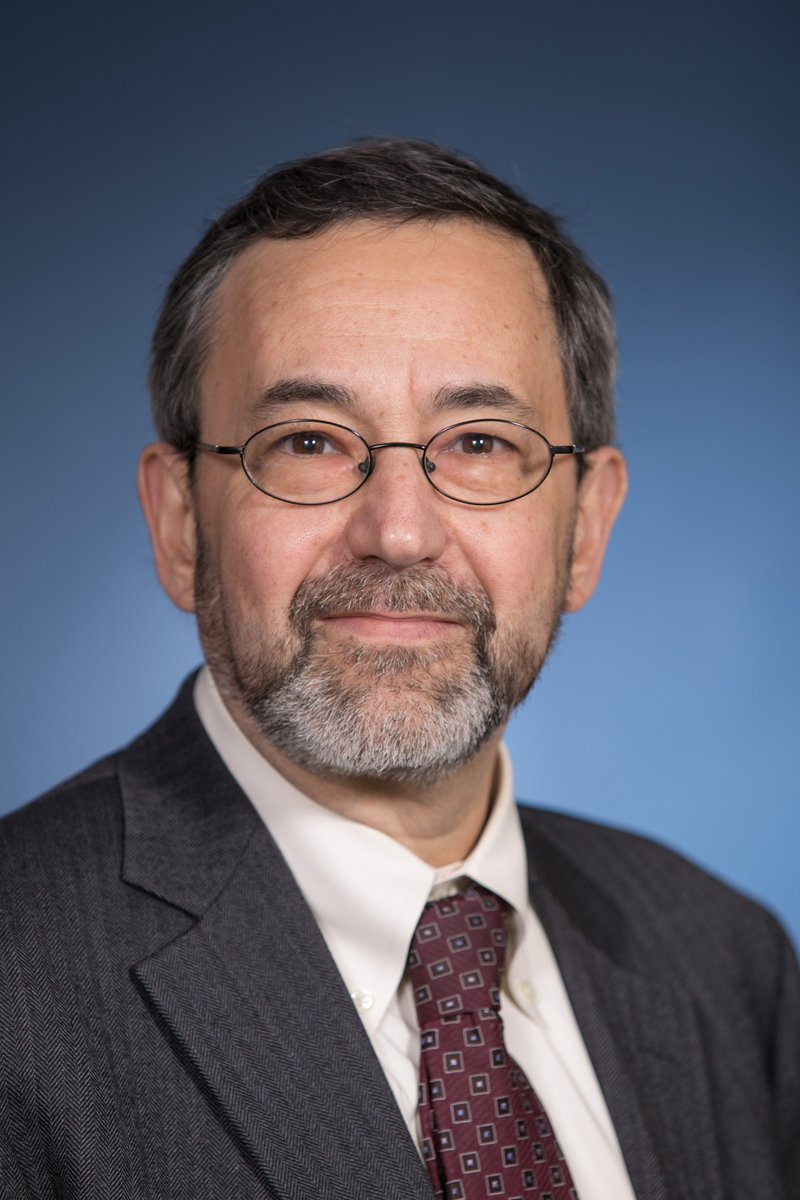Lawrence Madoff, MD, has received the 2021 D.A. Henderson Award for Outstanding Contributions to Public Health. Established by the Infectious Diseases Society of America in 2017, the award recognizes a lifetime of achievement in public health in honor of Dr. Henderson, who led the successful eradication of smallpox.

“I am humbled to receive this award. I knew Dr. Henderson and he is a personal hero to me,” said Dr. Madoff, professor of medicine. “I wish he were here to help get the world vaccinated.”
Madoff is an academic infectious disease physician specializing in the epidemiology of emerging pathogens, bacterial pathogenesis and international health. He has been a key leader of the state’s COVID-19 response as medical director of the Massachusetts Department of Public Health’s Bureau of Infectious Disease and Laboratory Sciences.
In his leadership role in the statewide response to COVID, Madoff coordinated SARS-CoV2 testing and updated the public on developments in the pandemic. He further provided medical oversight for physicians, epidemiologists and public health nurses, and has assisted in the development of public policy for monitoring and controlling infectious diseases.
Madoff previously served as editor of ProMED-mail, created by the International Society for Infectious Diseases to quickly identify unusual health events related to emerging and re-emerging infectious diseases and toxins affecting humans, animals and plants. In that role for nearly 20 years until stepping down earlier this year, he oversaw a network of more than 45 health professionals around the world whose alerts often provide the first critical early warnings of these events.
“I am honored that colleagues from the Medical School were among those who nominated me for this award,” he said. “My efforts in public health are informed by my work with individual patients, but also force me to take a step back and look at how population-level policies and activities can improve the health of whole communities. It is a privilege to be able to work in both worlds.”